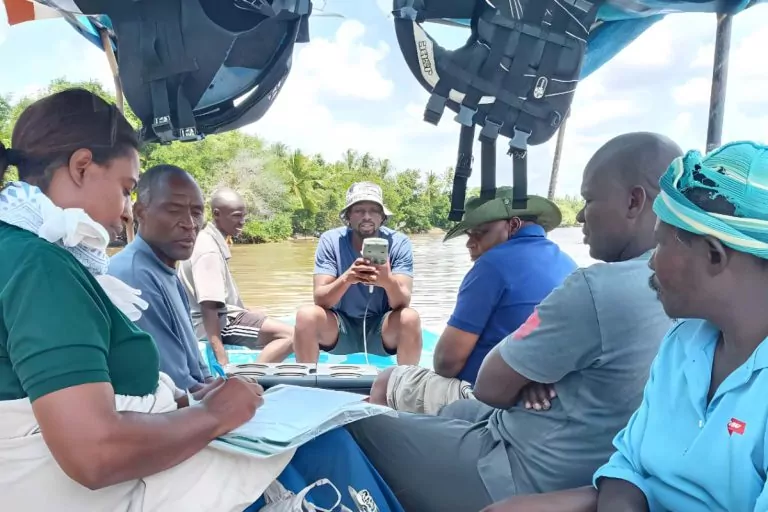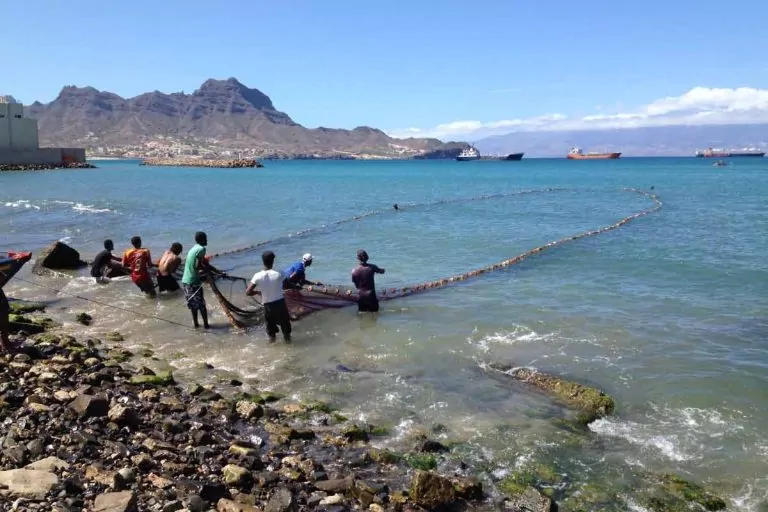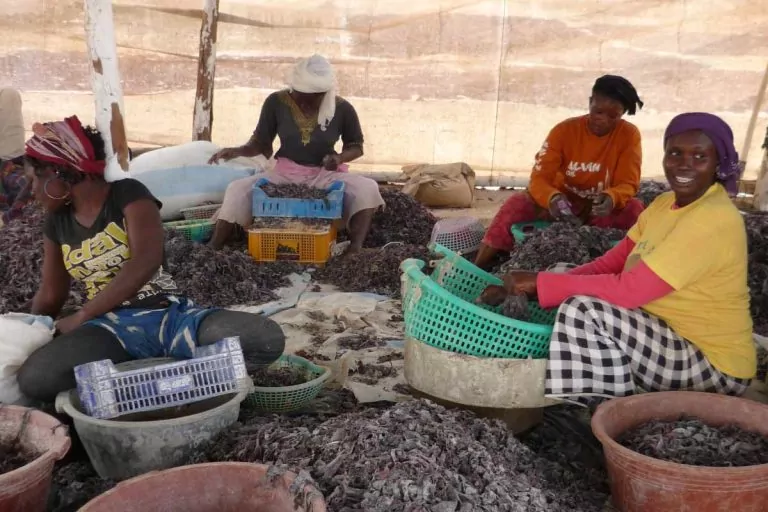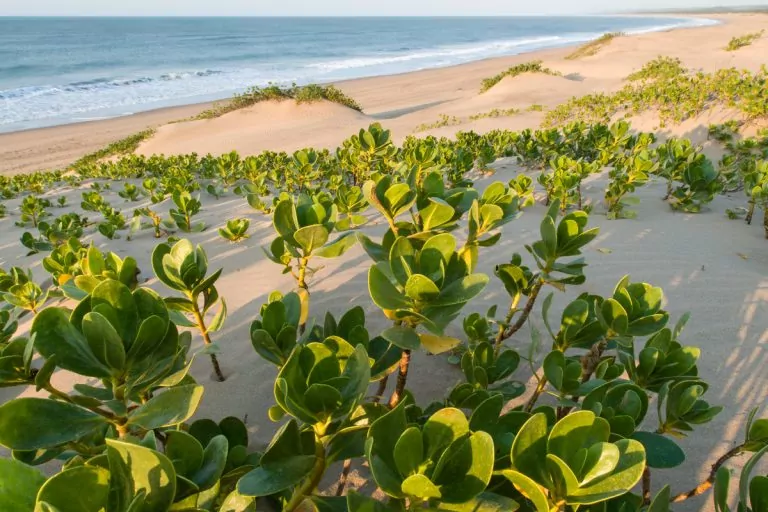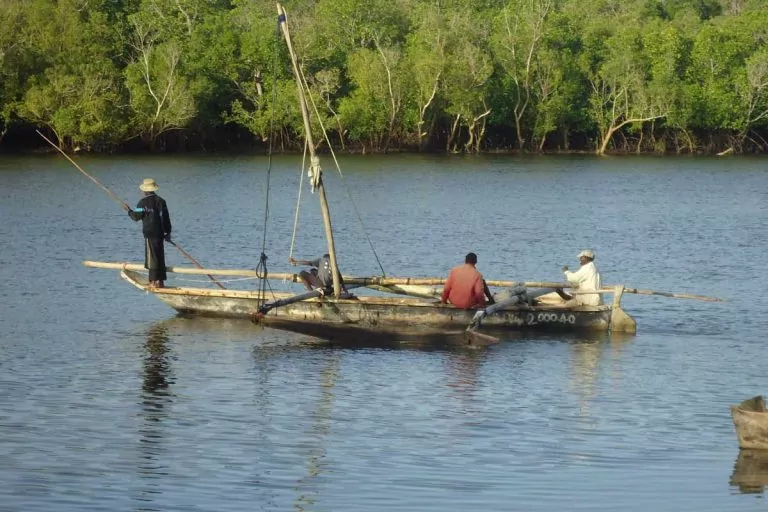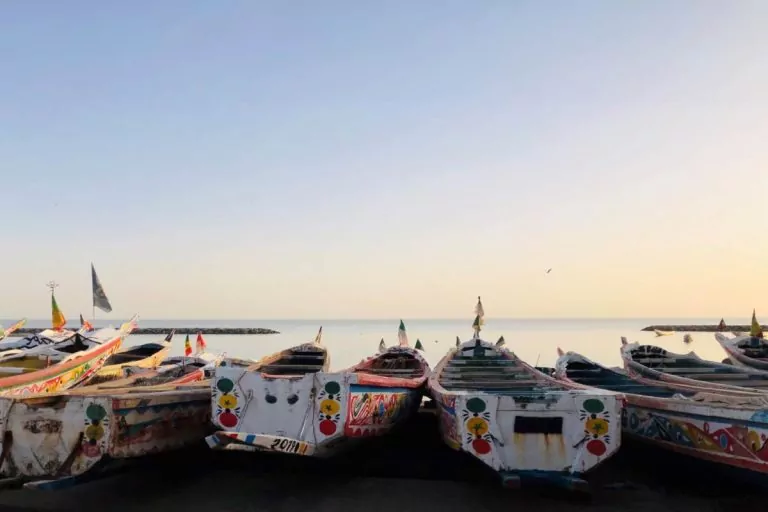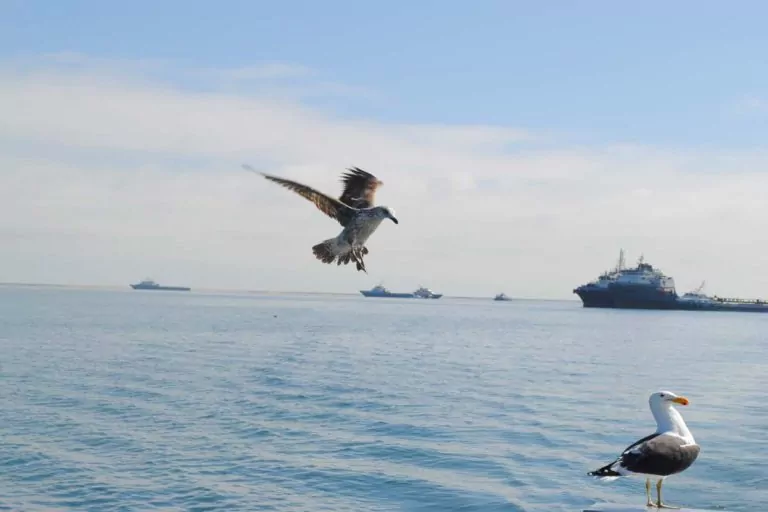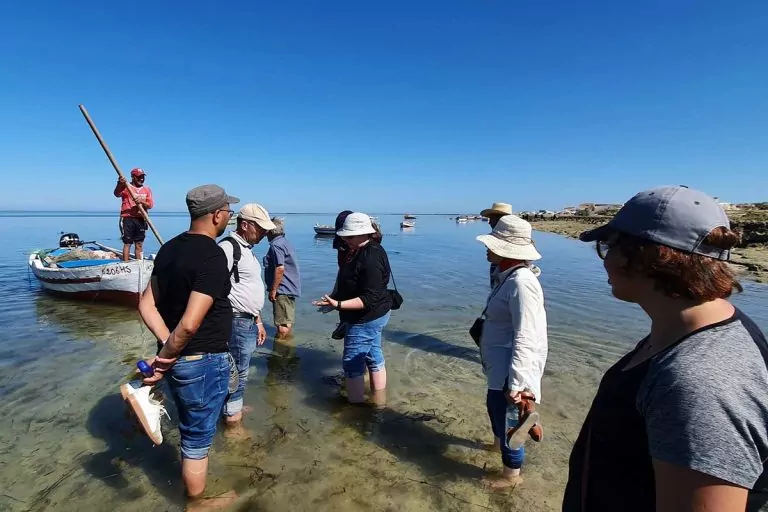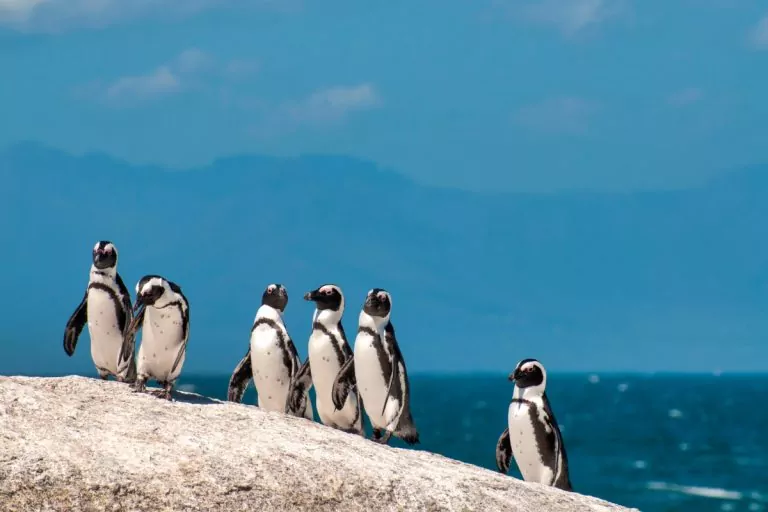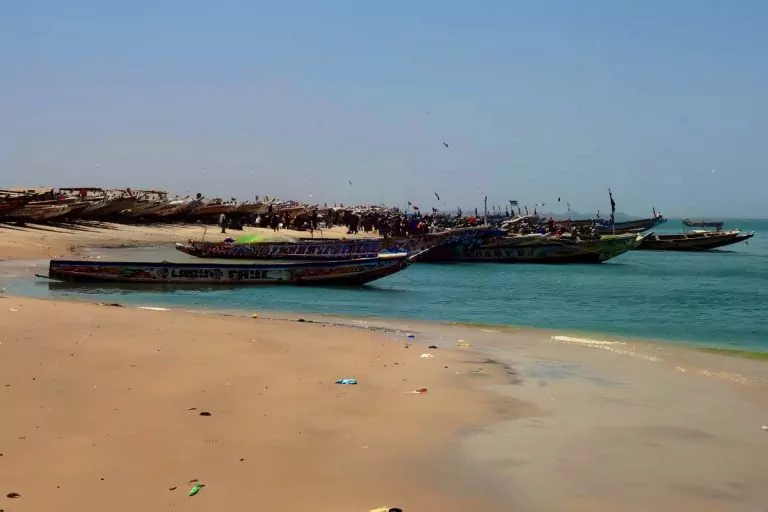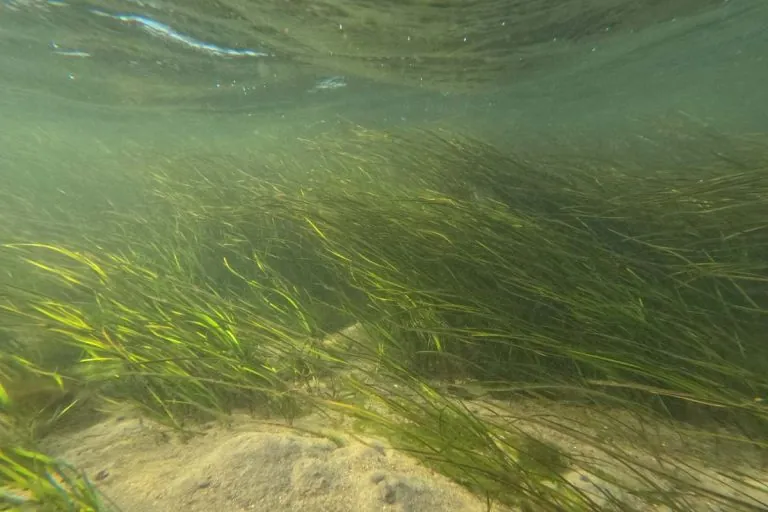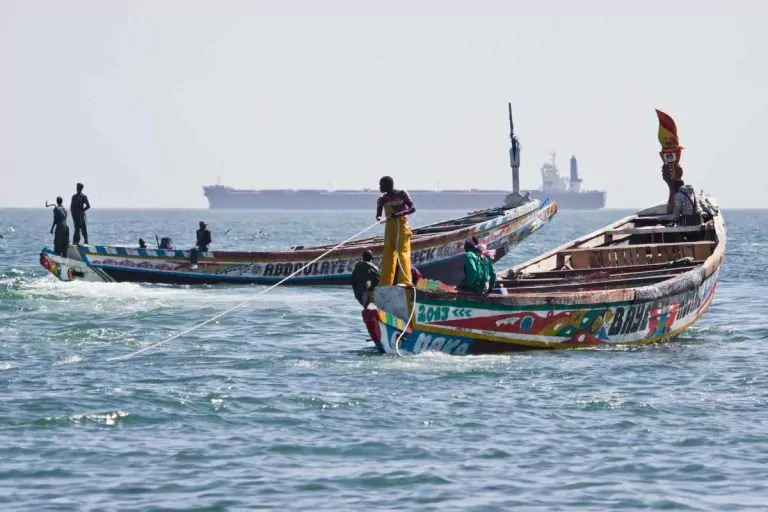The Scope of Sustainable Blue Economy
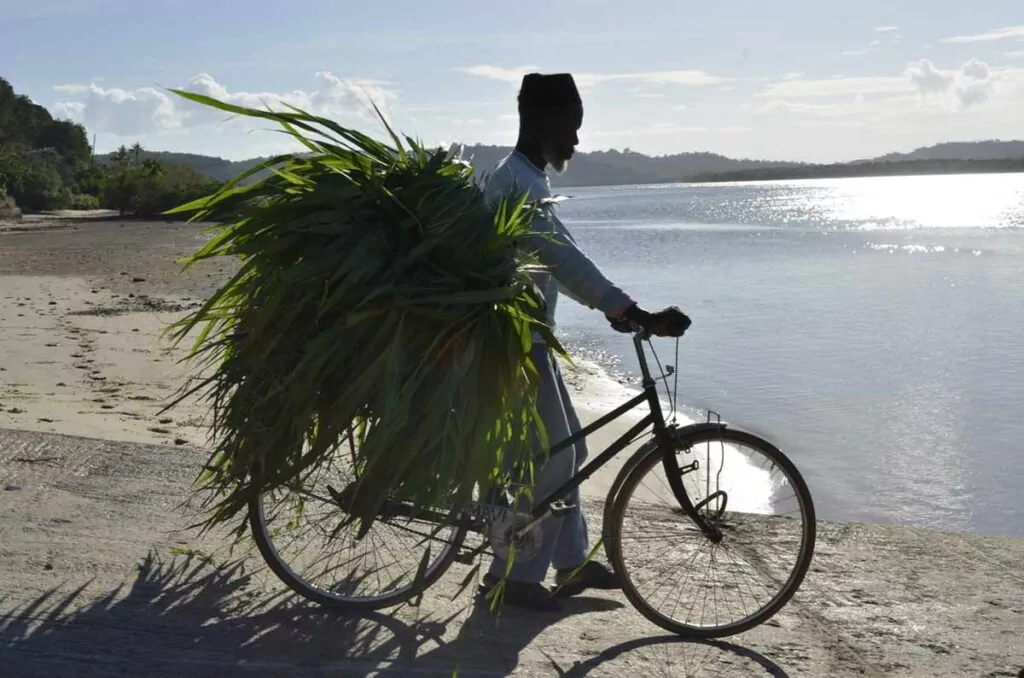
Table of Contents
The Multiple Pressures on Marine Environments
But the ocean is also a vulnerable space facing significant threats that require urgent attention. Its environment is suffering due to continuous man-made stressors, such as overfishing and pollution, and larger scale pressures from global climate change: 35.4% of fish stocks are overfished; environmental pollution and unplanned coastal development are destroying ecosystems and further exacerbating biodiversity loss; the intensity and frequency of extreme weather events is rising; and high CO2 levels are causing ocean acidification and deoxygenation creating dead zones in the ocean. The negative effects of these complex and interconnected challenges not only lead to depleted and degraded marine ecosystems, but they also pose a direct threat to human well-being and the availability of ocean resources that we depend on. Our current efforts to protect and sustainably use the ocean for development are proving to be inadequate. This highlights the need for proactive measures to safeguard both our marine environment and by extension, ourselves.
The Need for a Sustainable Blue Economy
The concept of the “Sustainable Blue Economy” combines economic progress alongside the protection of natural marine environments and the enhancement of social well-being. However, there is no universally accepted definition, leading to different interpretations and uses of the term.
An Inclusive and Sustainable Blue Economy comprises marine-based economic development that leads to improved human well-being as well as social equity and that maintains, conserves and if necessary, rehabilitates ocean ecosystems and ecosystem services. In the context of German development cooperation, two-thirds of our partner countries are coastal and island states, for which the ocean is an essential part of life. Thus, they are intensely focused on the potential of the sea and coast for their economies. However, not all approaches, including Blue Economy strategies, fully consider sustainability in its entirety.
Comprehensive sustainability should include all three dimensions: economic, ecologic, and social. For instance, a Sustainable Blue Economy can significantly contribute to funding effective marine conservation measures (ecologic sustainability), such as the designation and management of marine protected areas (MPAs) or other effective area-based conservation measures (OECMs). These areas can contribute to sustaining marine tourism (economic sustainability) and their management can include job creation (social sustainability).
The concept of a Sustainable Blue Economy is in line with biodiversity mainstreaming advocated under the Convention on Biological Diversity (CBD) and is essential for achieving the Sustainable Development Goal (SDG) 14.
The Importance of an Inclusive and Equitable Economy
A Blue Economy that operates at the expense of its people can entail significant risks, such as ocean grabbing and exclusion from economic benefits and livelihoods, favouring a few corporate conglomerates. The Sustainable Blue Economy advocates for inclusive governance that combines top-down, policy-led with bottom-up, community-led developments. This approach ensures that everyone – including small-scale fishers, local communities, and Indigenous peoples – can become economic developers and investors of their spaces/homes.
In conclusion, the concept of a Sustainable Blue Economy highlights how nurturing healthy marine ecosystems not only protects biodiversity, but also provides opportunities for economic prosperity and social equity. It is important to note that while the Sustainable Blue Economy is a global term, it is implemented locally, requiring place-based approaches that consider the specific history and context of a region to move the concept from theory to practice. A Sustainable Blue Economy can harmonise the protection and sustainable use of marine resources, thereby supporting the socio-ecological transformation needed to achieve climate, development, and biodiversity goals.

